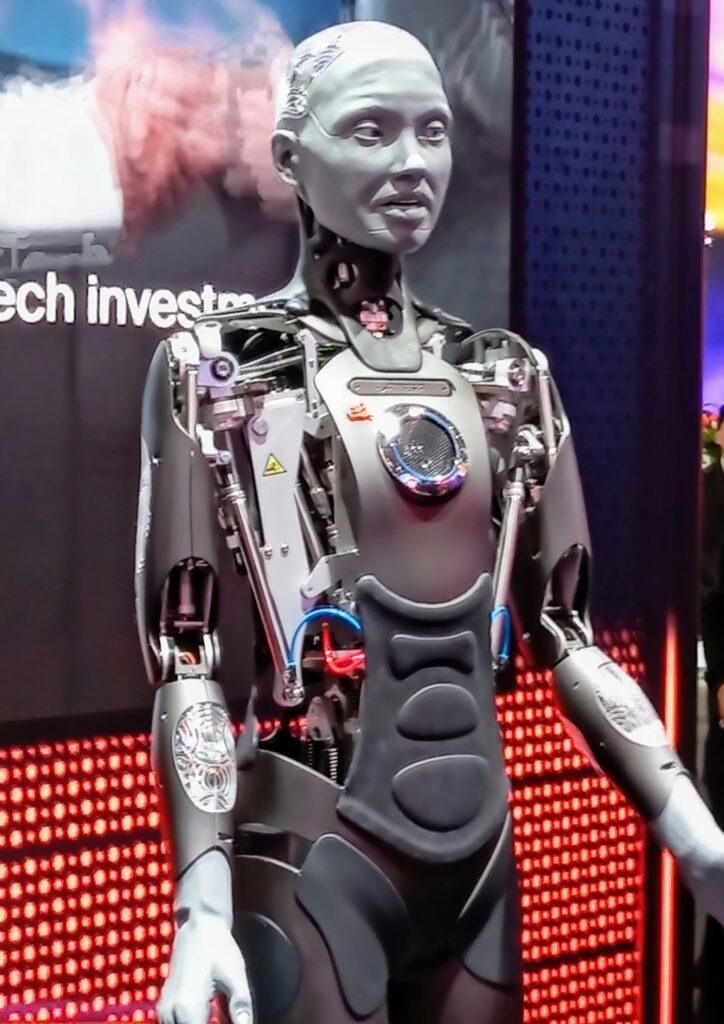The first half of 2024 has marked a pivotal era for technology and investment, with **Generative AI** emerging as the undisputed frontrunner. According to recent reports, investment in AI startups, particularly those focused on generative capabilities, has surged dramatically. Major funding rounds for companies developing advanced large language models (LLMs) and specialized AI tools have become almost a weekly occurrence. This influx of capital isn’t just fueling research; it’s catalyzing the creation of entirely new categories of products and services, from hyper-personalized content generation platforms to sophisticated AI agents capable of complex problem-solving. This accelerated pace underscores a collective belief among investors that generative AI holds the key to unlocking immense economic value and efficiency gains.
Recent data from leading analytics firms reinforces this trend. A report by CB Insights in Q1 2024 highlighted that generative AI startups attracted over $10 billion in venture funding globally, a significant increase compared to the previous year. This capital is predominantly directed towards foundational model developers and applications that promise to streamline workflows, enhance creativity, and automate complex tasks. For instance, companies like OpenAI, Anthropic, and Cohere continue to secure colossal investments, but a vibrant ecosystem of smaller, specialized startups is also flourishing. These niche players are leveraging open-source models or building proprietary solutions for specific industry verticals, such as healthcare, finance, and creative arts, proving that the innovation isn’t confined to a few giants. This widespread investment signifies a robust, growing market confidence in the long-term viability and transformative power of generative AI technologies.
The impact of **Generative AI** extends far beyond venture capital balance sheets; it’s fundamentally altering how businesses operate and innovate. Enterprises are rapidly adopting generative AI tools to boost productivity, accelerate product development, and create highly personalized customer experiences. Marketing teams are using AI to generate ad copy and visuals at scale, developers are leveraging AI for code generation and debugging, and creative agencies are exploring AI for rapid prototyping and idea generation. This paradigm shift means that companies unwilling or unable to integrate generative AI risk falling behind competitors who embrace these efficiencies. It’s fostering a new competitive landscape where agility and innovative application of AI are paramount, prompting many traditional businesses to partner with or acquire promising AI startups to stay relevant in the evolving landscape of AI in business.
Looking ahead, industry experts predict a continued surge in **Generative AI** adoption, albeit with growing scrutiny on ethical considerations and sustainability. Dr. Emily Chang, a prominent AI ethicist, recently stated, “The current wave of generative AI is just the beginning. We will see more intelligent, specialized, and multimodal AI systems. However, balancing innovation with responsible deployment will be crucial for long-term success.” Venture capitalists are also broadening their focus beyond just foundational models, seeking out startups that offer robust security, explainability, and solutions for addressing AI hallucinations. The long-term vision involves AI becoming an indispensable co-pilot across virtually every professional domain, driving unprecedented levels of human-machine collaboration and efficiency. For more insights into this trend, you can read recent analyses on TechCrunch’s startup section.
While the potential for disruption and growth is immense, challenges remain. The high computational costs of training and running large AI models, the need for robust data governance, and the ever-present concern of job displacement are all critical factors that need to be addressed. However, the current momentum suggests that the entrepreneurial spirit, coupled with significant investment, is poised to overcome these hurdles, ushering in an era where generative AI will not just assist but actively lead in co-creating the future of business and technology.

